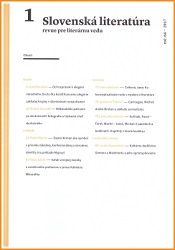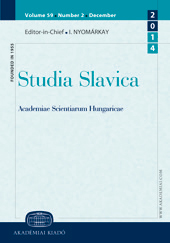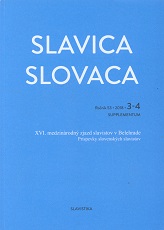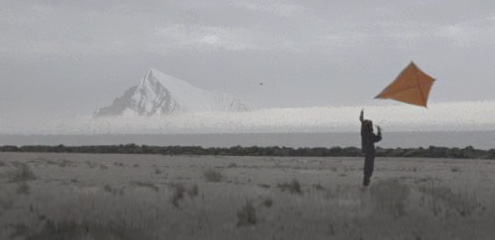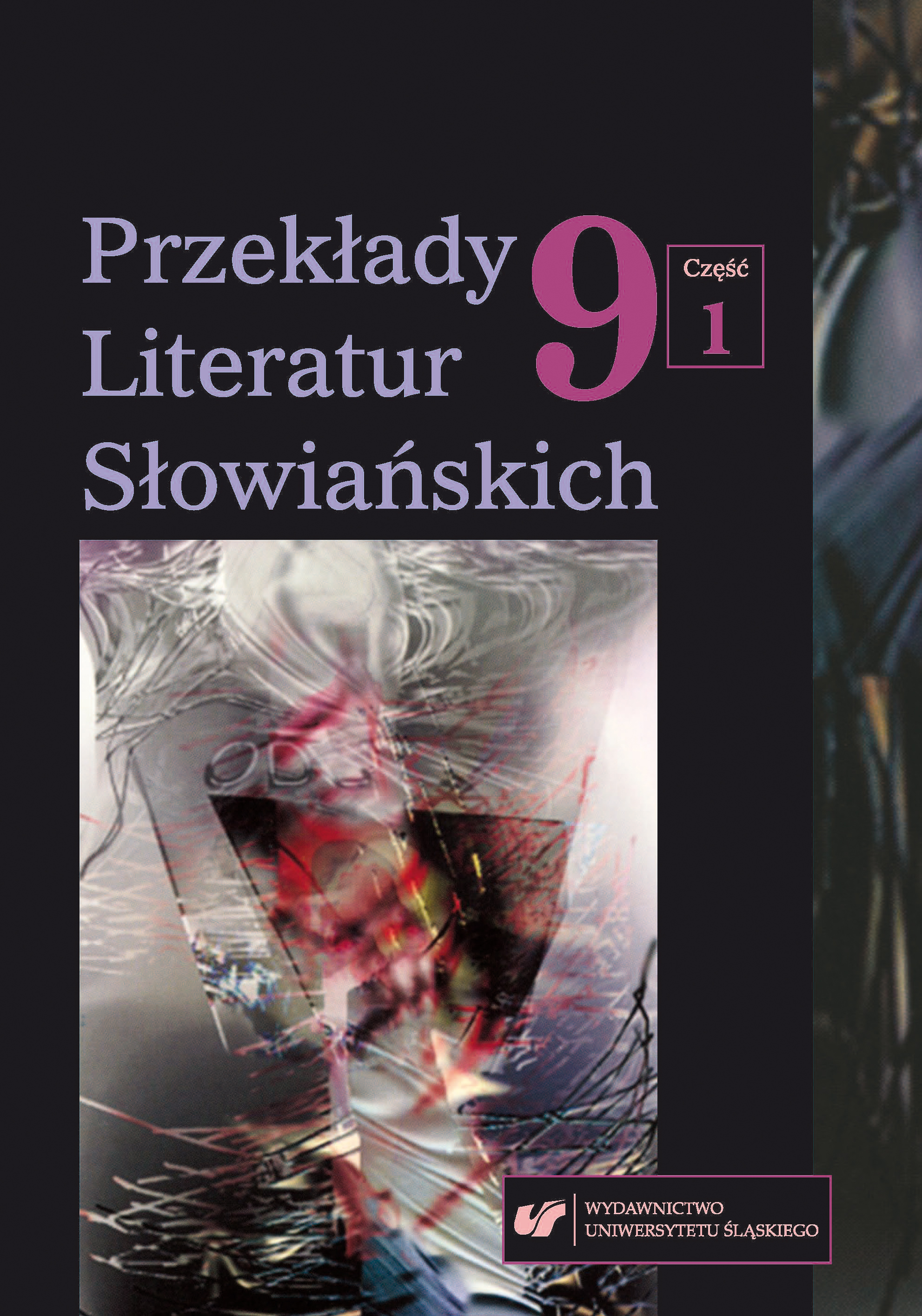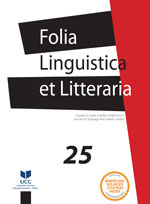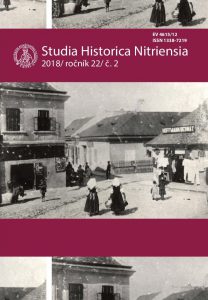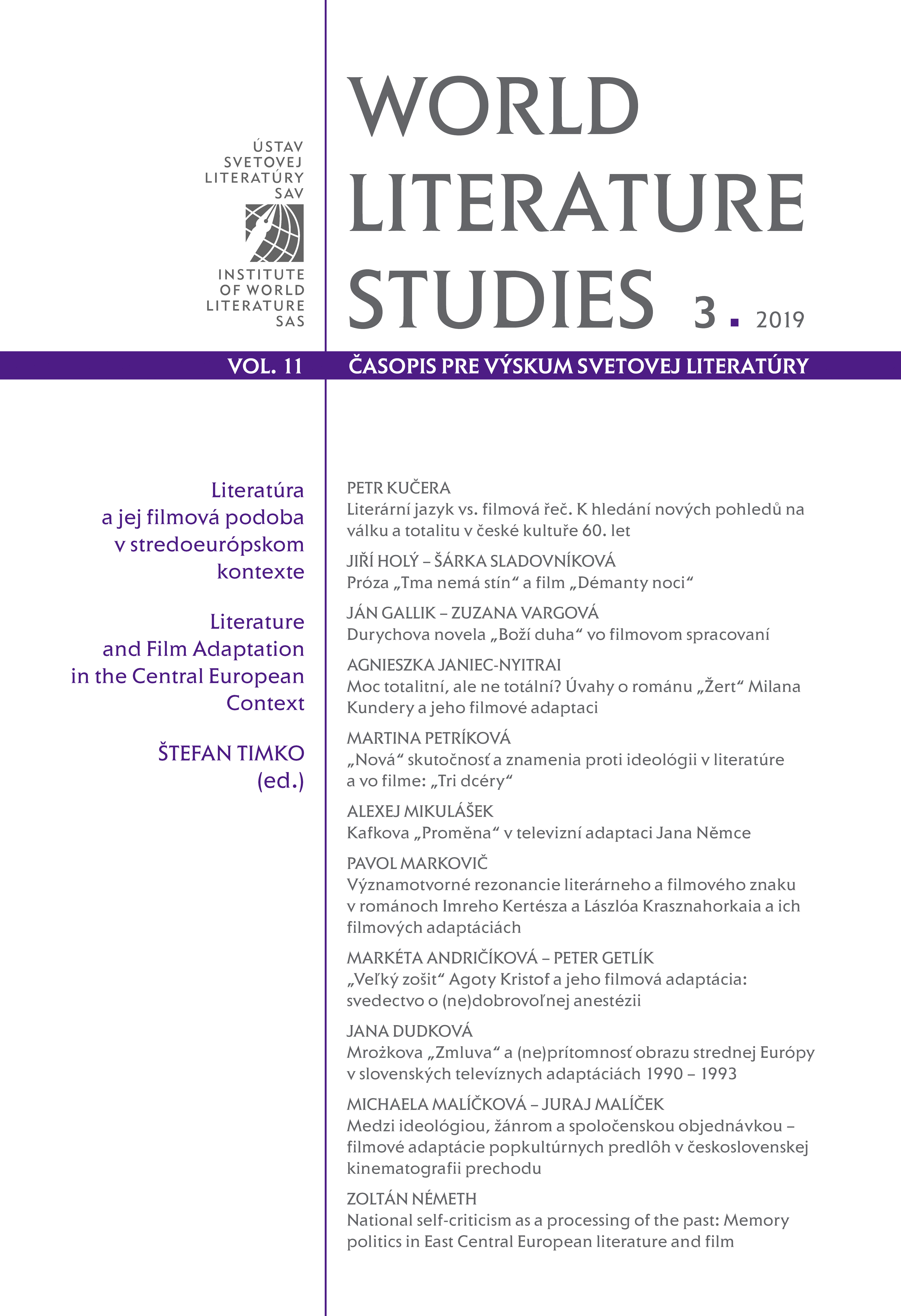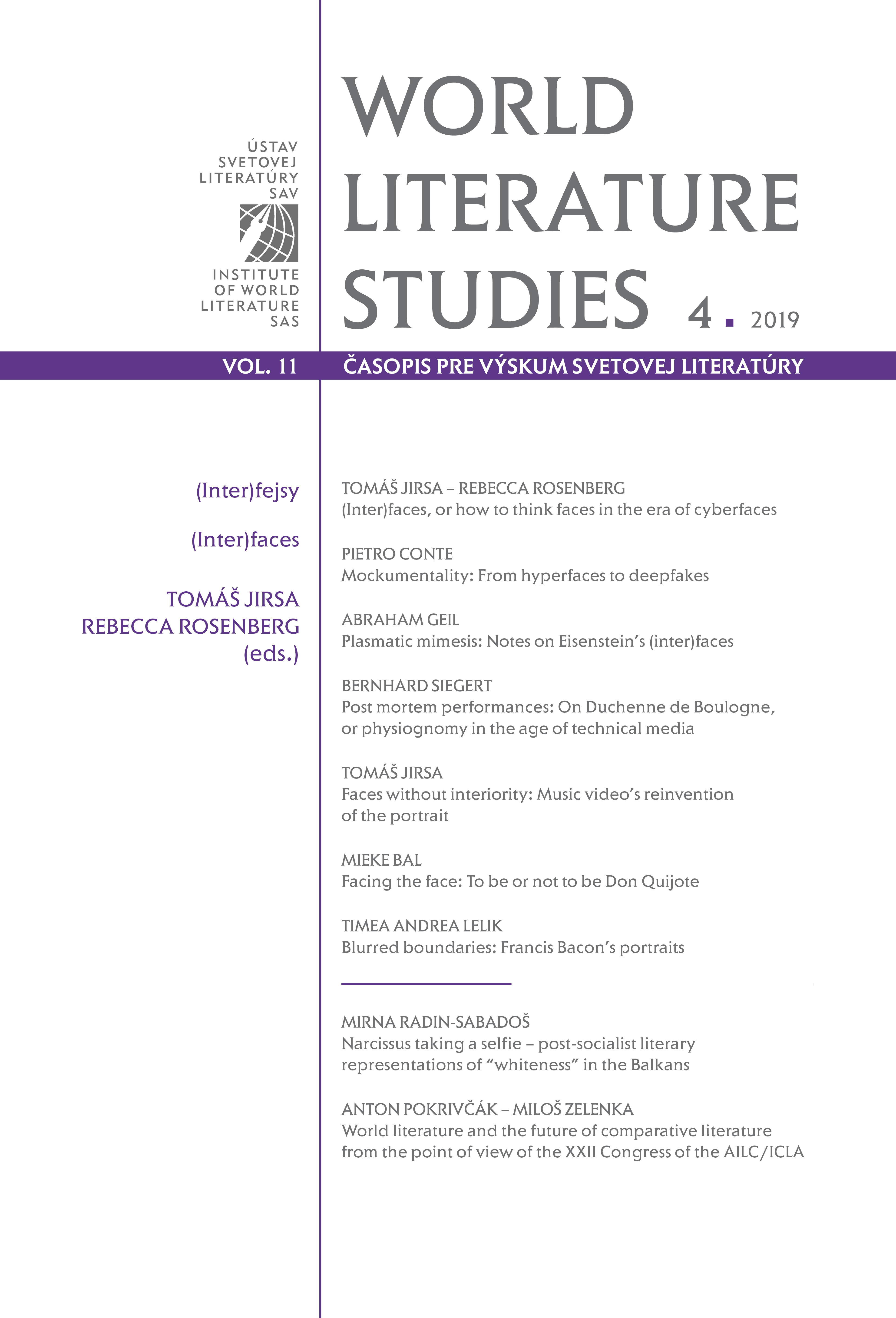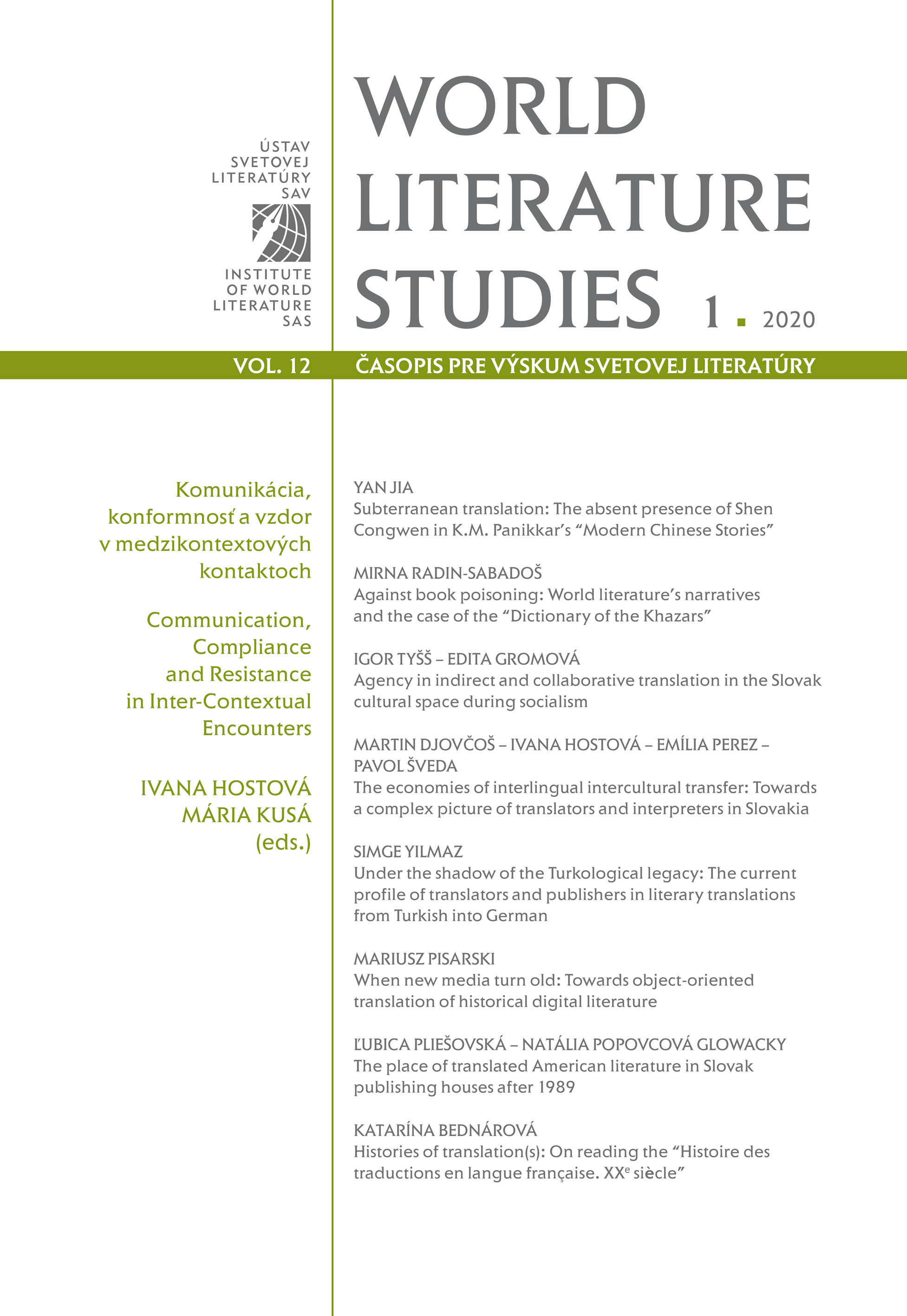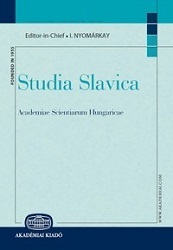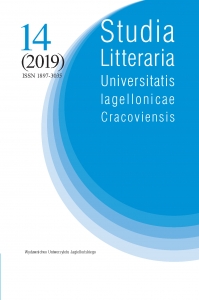Author(s): Viktoria Kniazkova / Language(s): Russian
Issue: 1/2019
This paper is devoted to the question of Slovak–Russian and Slovak–Ukrainian literary contacts. The tradition of literary translation from Slovak into these two Slavic languages dates back to the moment of codification of the Slovak literary language in the mid-19th century. Since then, it has always been under the pressure of political circumstances. In the initial phase, it was interest to the process of national revival of Slavic peoples in the mid-19th century. The second period of high interest was during the socialist times from the 1960s to the 1980s (this period is mostly prolific for Russian translations from Slovak; on the contrary, the amount of translations into Ukrainian was scanty as Russian language was common for all Soviet nations). There was also a period of total absence of any translation activity from Slovak into Russian during the 1990s. In between these phases, literary translations from Slovak were the fact of personal initiative. The latter is the situation of the present day both in Russia and in Ukraine. That is why when listing the titles translated for the last thirty years, it is crucial to name the most prominent translators and researchers. And this fact is also the cause why the choice of the Slovak works differs greatly, with the same amount of translated titles from Slovak into Russian and Ukrainian. For the last two decades, about twenty Slovak works have been translated into both Russian and Ukrainian, but except for a novel Zóna nadšenia [Enthusiasm Zone] by J. Banaš, there is not a single work of modern Slovak literature translated into both languages. Many significant works of modern Slovak literature are not translated into neither Russian or Ukrainian (for example, there is not a single book edition of the works of P. Vilikovský, P. Pišťanek, D. Kapitáňová, etc.). The most active translators into Ukrainian are researchers and writers living on the territory of Slovak–Ukrainian border T. Likhtei, I. Yatskanin, and some others. In Russia, the most prominent translators from Slovak are Moscow researchers A. Mashkova, A. Peskova, L. Shirokova, and others. The lack of active perception of Slovak literature in foreign language space leads to the inevitable occurrence of a number of translation errors and inaccuracies. This lack also brings about the problem of translation studies and comparative studies, which in Slovakia are based on the translations from Russian into Slovak. The conclusion is made that in spite of the historical, lingual, cultural, and territorial proximity and intense literary contacts in the past, neither Russian, nor Ukrainian space is familiar with the contemporary Slovak literature today. The explanation of this fact may lie in the Slovak self-consciousness, which is much more Central European than Slavic. This observation is made on the basis of the analysis of Slovak literary works as well as previous research mentioned in the paper.
More...

